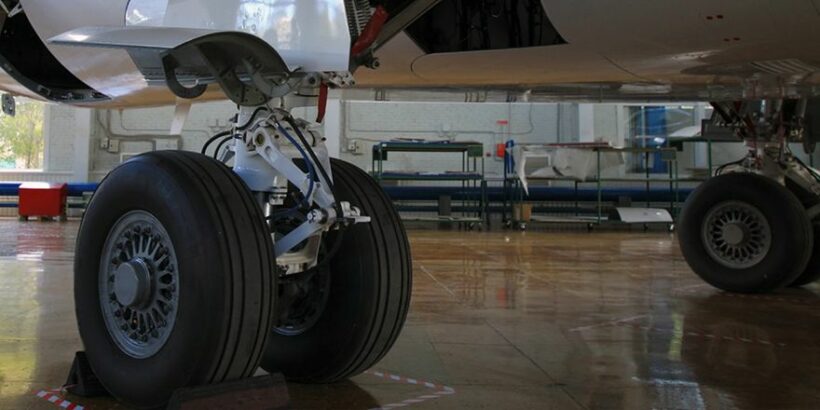Irkut Corporation has certified to Rosaviatsia the possibility of installing Russian brake disks on the Superjet 100 aircraft. This was reported by Izvestia with reference to the press service of the corporation.
It is reported that airlines have already received more than 30 sets of such disks manufactured at the Rubin Aviation Corporation enterprise and use them in the operating fleet of aircraft. “Thanks to this, it was possible to avoid stopping the operation of the entire SSJ100 fleet, because the brakes wear out and require regular replacement,” Irkut said.
Previously, brake disks for the SSJ100 were supplied by the American company Goodrich.
The Russian SSJ100 regional jet was developed in the second half of the 2000s in broad international cooperation and with the active consulting support of Boeing. The aircraft consists of about 70% of foreign components. Import substitution is now underway on the airplane, test flights on the flying laboratory of the PD-8 engine are expected to start, and certification tests of the SSJ-New version are to begin in the spring.
The Irkut representative also said that work is underway to approve the installation of aircraft tires manufactured by the Yaroslavl Tire Plant (YASHZ Avia LLC) on the Superjet 100, which will replace Michelin tires.
“A set of tire tests was conducted on the stand and as part of the aircraft. More than ten test flights have been performed, including on complex modes, such as aborted takeoff. The complex of certification works is planned to be completed this year,” specified in the corporation.
A representative of Rossiya Airlines noted in his commentary to Izvestia that Rubin does perform a number of works related to the maintenance of the Russian fleet on the carrier’s order. And the tires of the Yaroslavl plant have proved their wear resistance and the carrier will be ready to use them after certification.
Rubin Aviation Corporation said that earlier Russian-made metal-ceramic and carbon-carbon friction materials used in aircraft brakes did not meet the requirements of modern technology, primarily in terms of life, which did not exceed 500 landings.
“The need to promptly equip modern airplanes with highly efficient carbon brakes led Rubin Aircraft Company to the necessity to expand the scope of its activities in the direction of development and production of products from friction carbon-carbon materials. Thanks to the end-to-end systems of design and quality analysis from raw materials to the design of the finished product, Rubin, with the participation of leading research centers, has created an original technology characterized by a short production cycle and low cost, new carbon-carbon and carbon-carbide-silicon materials for heavy-loaded friction units have been introduced,” said the representative of Rubin.


